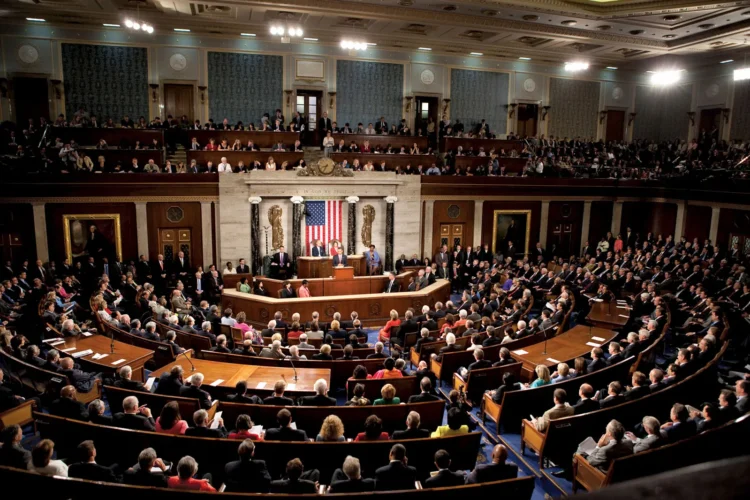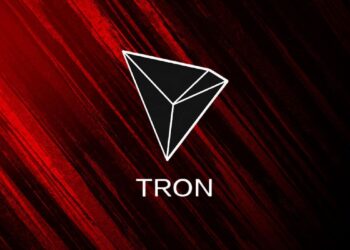Democrats in the U.S. House of Representatives have been given the autonomy to vote on two significant pro-crypto bills, as revealed in a May 20 email from Democratic leaders obtained by POLITICO.
The Financial Innovation and Technology for the 21st Century (FIT21) Act and the CBDC Anti-Surveillance State Act (H.R. 4763 and H.R. 5403) are up for consideration, with Democratic members not being forced to vote against them.
The FIT21 Act seeks to establish clear definitions for digital assets, determine whether they are securities or commodities, and expand the Commodity Futures Trading Commission (CFTC)’s authority to regulate digital commodities. It will also require the CFTC and the U.S. Securities and Exchange Commission to jointly issue rules for assets that do not fall into existing categories.
RELATED:
Meanwhile, the CBDC Anti-Surveillance State Act (H.R. 192) aims to prevent the Federal Reserve from issuing a Central Bank Digital Currency (CBDC).
RELATED: Crypto vs CBDCs: Challenging the BIS Perspective on the Future of Money
However, both bills face significant opposition from key Democratic figures in the legislative chambers. Representatives Maxine Waters and David Scott have voiced strong concerns, arguing that FIT21 undermines established laws, weakens investor protections, and could potentially open the door to fraud and market manipulation. They also contend that halting CBDCs could hinder the Federal Reserve’s ability to conduct effective monetary policy, potentially undermining U.S. efforts to counter global financial challenges.
RELATED:
Despite their opposition, senior Democrats have decided not to whip the vote against FIT21. The email obtained by POLITICO from the Democratic Whip’s office indicates that while ranking members strongly oppose the bill as written, they will not enforce a party-line vote.
The Democratic Whip’s office also urged members to vote against H.R. 192, a bill introduced by Majority Whip Tom Emmer (R-Minn.) to block the Federal Reserve from issuing a central bank digital currency. The email criticizes the bill’s overly broad definition of CBDCs and expresses concerns that it could undermine the Fed’s ability to conduct monetary policy effectively.
FIT21 has received substantial backing from the digital assets sector, including support from prominent organizations and companies such as Coinbase, Kraken, and Andreessen Horowitz, as well as over 60 companies advocating for its passage. Proponents of the bill argue that it provides a much-needed regulatory framework for the digital assets industry, which the U.S. currently lacks.
FIT21 is scheduled for debate and is expected to pass on Wednesday, May 22, 2024.
If you want to read more news articles like this, visit DeFi Planet and follow us on Twitter, LinkedIn, Facebook, Instagram, and CoinMarketCap Community.
“Take control of your crypto portfolio with MARKETS PRO, DeFi Planet’s suite of analytics tools.”





















